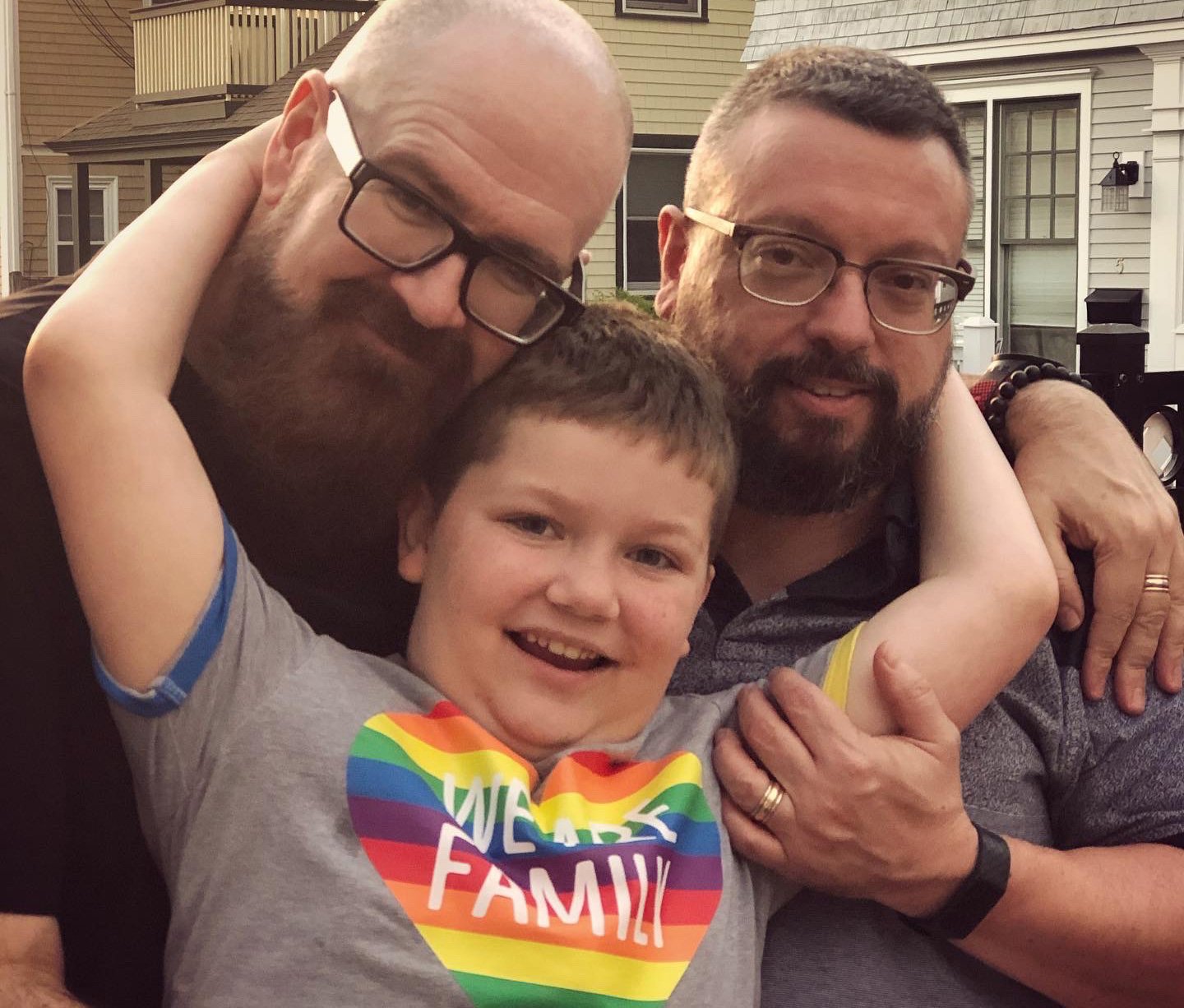
- DAD STUFF
- + LGBT STUFF
Celebrating LGBTQ Parents & Families
In addition to Thanksgiving, November includes another opportunity to be grateful — National Adoption Month! Just a little over 13 years ago, we created our family through open adoption, and we couldn’t be more thankful for the joy and fulfillment our son has brought to our lives. In honor of National Adoption Month, I recently […]
read more >>



